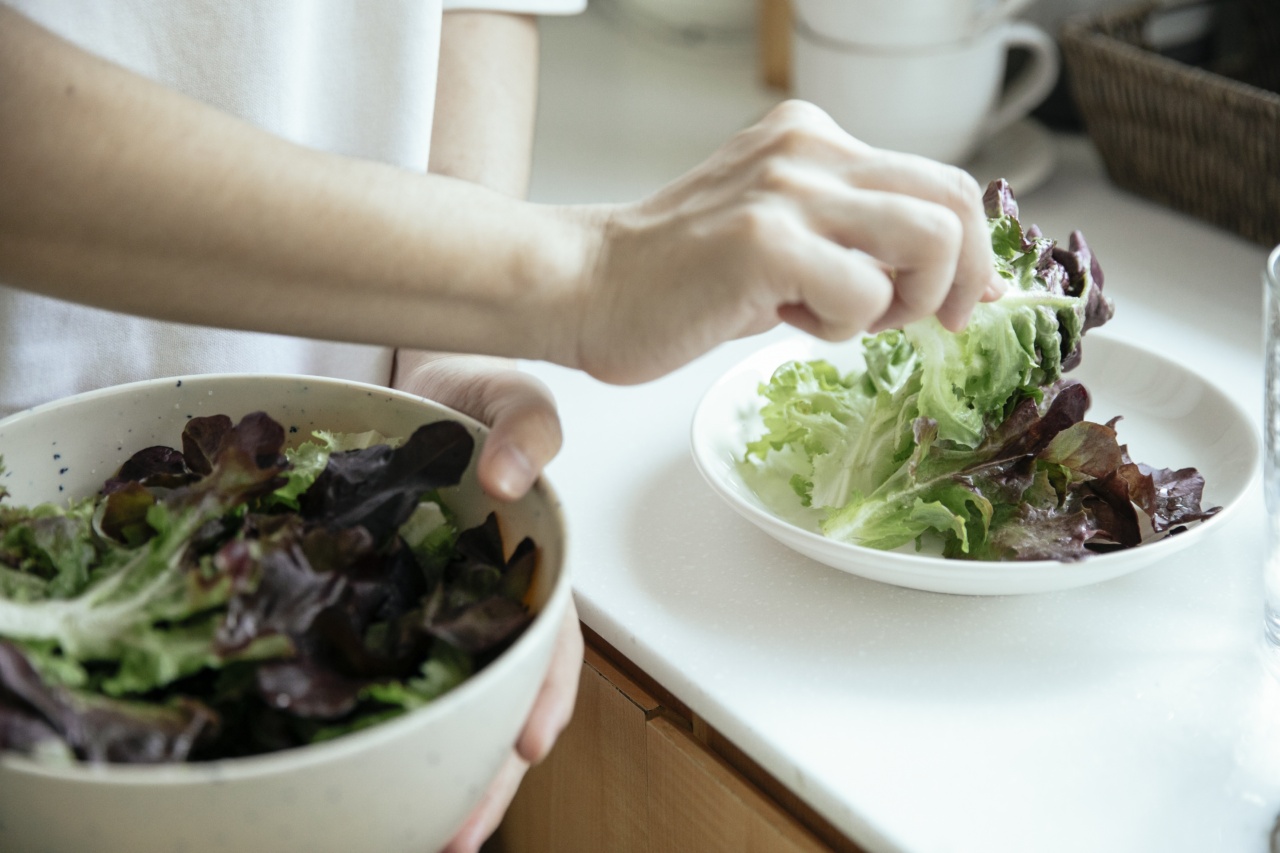Kidney cancer is a type of cancer that affects the kidneys, which are the bean-shaped organs located at the back of the abdominal cavity. The kidneys are responsible for filtering blood and removing waste products from the body.
When cells in the kidneys grow out of control, they can form a tumor, which can be cancerous or noncancerous.
There are several factors that can increase your risk of developing kidney cancer, including smoking, obesity, and high blood pressure. But did you know that your diet may also play a role in your risk for kidney cancer?.
High-Fat Diets
Studies have shown that a diet high in fat may increase your risk of developing kidney cancer. High-fat diets have been linked to several types of cancer, including breast, pancreatic, and colon cancer.
In one study, researchers found that people who consumed a diet high in animal fat had a higher risk of developing kidney cancer than those who consumed a diet low in animal fat. Animal fats are found in foods such as meat, butter, and cheese.
Processed Meats
Processed meats, such as hot dogs, bacon, and sausage, have also been linked to an increased risk of kidney cancer. These meats are typically high in sodium and nitrates, which are preservatives that can damage cells in the body.
One study found that people who consumed processed meats on a regular basis had a 22% higher risk of developing kidney cancer than those who did not consume these meats.
This risk increased to 38% for people who consumed high amounts of processed meats.
Red Meat
Red meat, such as beef and pork, has also been linked to an increased risk of kidney cancer. Red meat is high in saturated fat, which can increase cholesterol levels in the blood.
Studies have shown that people who consume large amounts of red meat may have a higher risk of developing kidney cancer than those who consume smaller amounts.
One study found that men who consumed more than 1.5 servings of red meat per day had a 70% higher risk of developing kidney cancer than those who consumed less than half a serving per day.
Sugar-Sweetened Beverages
Sugar-sweetened beverages, such as soda and energy drinks, have also been linked to an increased risk of kidney cancer. These beverages are high in sugar, which can lead to weight gain and obesity.
One study found that people who consumed two or more servings of sugar-sweetened beverages per day had a 44% higher risk of developing kidney cancer than those who did not consume these beverages.
Low-Fruit and Vegetable Diets
A diet low in fruits and vegetables may also increase your risk of developing kidney cancer. Fruits and vegetables are high in antioxidants, which can help protect cells from damage.
One study found that people who consumed fewer than three servings of fruits and vegetables per day had a 16% higher risk of developing kidney cancer than those who consumed five or more servings per day.
Alcohol
Alcohol consumption has also been linked to an increased risk of kidney cancer. Alcohol can damage the DNA in cells, which can increase the risk of cancer.
One study found that people who consumed two or more drinks per day had a 29% higher risk of developing kidney cancer than those who did not consume alcohol.
Salt
High salt consumption has also been linked to an increased risk of kidney cancer. Salt can increase blood pressure, which can damage cells in the body.
One study found that people who consumed more than 5 grams of salt per day had a 19% higher risk of developing kidney cancer than those who consumed less than 3 grams per day.
Vitamins and Minerals
Several vitamins and minerals have been linked to a decreased risk of kidney cancer. These include vitamin C, vitamin E, and selenium.
One study found that people who consumed higher amounts of vitamin C had a lower risk of developing kidney cancer than those who consumed lower amounts.
Another study found that people who consumed more selenium had a 40% lower risk of developing kidney cancer than those who consumed less selenium.
Fiber
Fiber is another nutrient that may be protective against kidney cancer. Fiber can help regulate blood sugar levels and reduce inflammation in the body.
One study found that people who consumed higher amounts of fiber had a lower risk of developing kidney cancer than those who consumed lower amounts.
Another study found that people who consumed more insoluble fiber had a 26% lower risk of developing kidney cancer than those who consumed less insoluble fiber.
Conclusion
While there are several factors that can increase your risk of developing kidney cancer, your diet may also play a role.
To reduce your risk, it’s important to consume a diet that is low in fat, processed meats, and sugar-sweetened beverages, and high in fruits, vegetables, and fiber.
Limiting your alcohol consumption and salt intake can also help reduce your risk. In addition, consuming foods that are rich in vitamins and minerals, such as vitamin C, vitamin E, selenium, and fiber, may offer protection against kidney cancer.






























